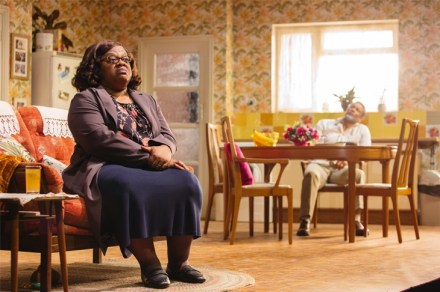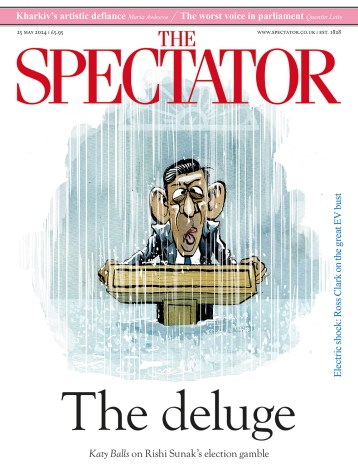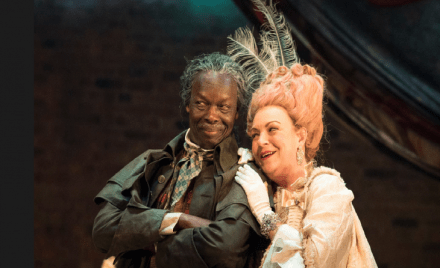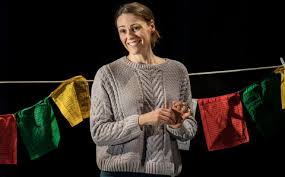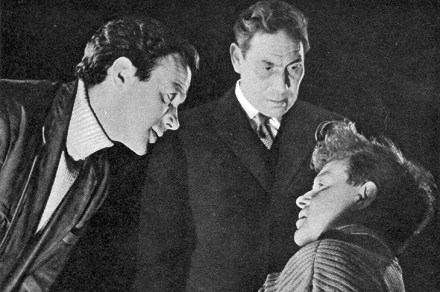Death duties
Nine Night refers to a Jamaican custom that obliges bereaved families to party non-stop for more than a week following the death of a parent. When Gloria expires her relatives arrive from all parts of London and the Caribbean to indulge in a boozy blow-out. Gloria’s daughter Lorraine tussles with her businessman brother, Robert, who wants to stave off bankruptcy by flogging the family home immediately. Their half-sister, Trudy, arrives from Jamaica and collapses in hysterics over her abandonment by Gloria in infancy. Everyone lives in fear of Auntie Maggie, a pious matriarch, who uses a walking stick and whose religious devotion conceals the heart of an emotional despot. Cecilia
